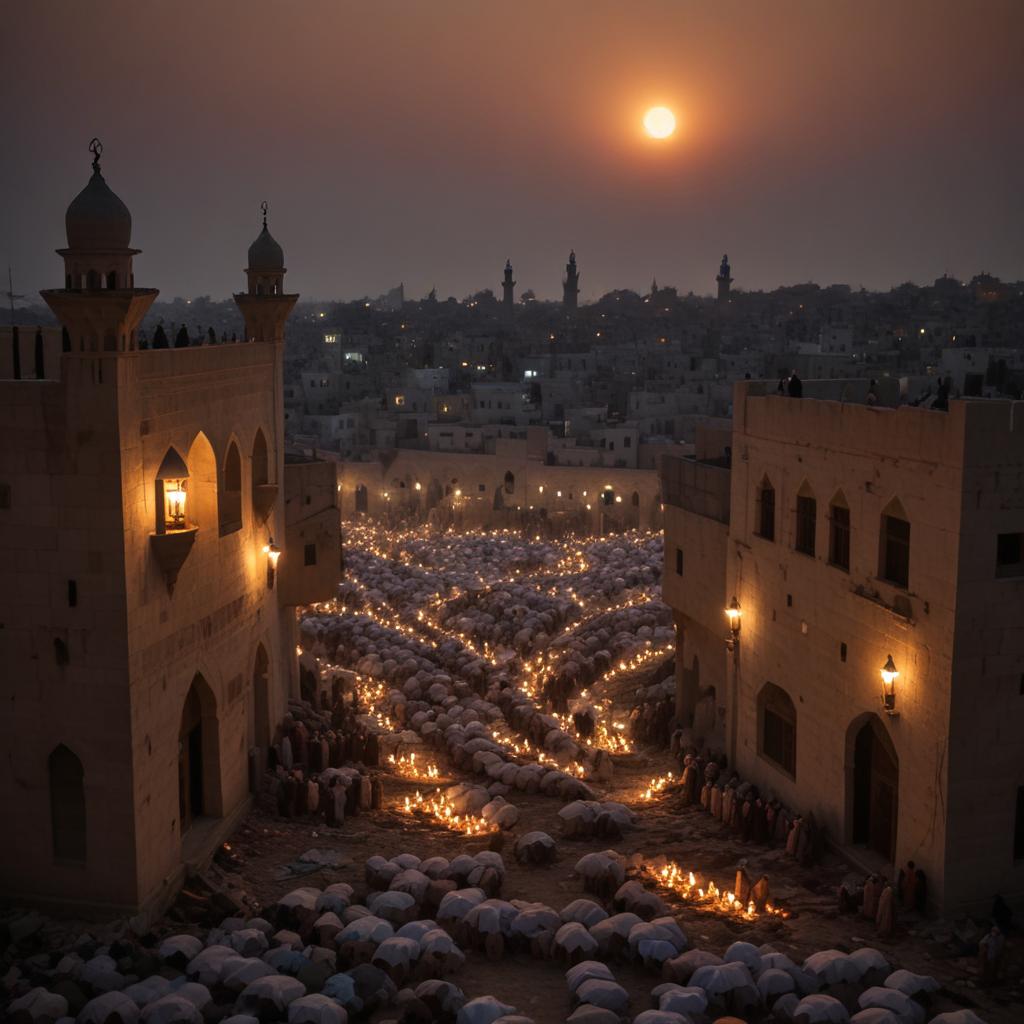As Ramadan begins, Muslims worldwide observe fasting and prayer amidst the humanitarian crisis in Gaza. Learn about Ramadan traditions and how this year's observance is shaped by global events.
Observant Muslims worldwide will soon begin Ramadan, a month of fasting, prayer, and charity. This year, the holy month coincides with the aftermath of the Israel-Hamas war, creating a humanitarian crisis in Gaza and prompting many Muslims to reflect on the plight of Palestinians. Ramadan, the ninth month of the Islamic lunar calendar, typically starts around March 11th, though the exact date depends on moon sightings. Fasting, one of the Five Pillars of Islam, involves abstaining from food and drink from dawn to sunset. It is seen as an act of worship and a way to cultivate piety and empathy for the less fortunate. Ramadan is also a time for increased prayer, charity, and community gatherings for the evening meal, known as 'iftar'. Cultural traditions vary widely across the globe, with some communities decorating homes, attending special events, and sharing meals. In Egypt, lanterns and Ramadan tents are common sights; in Indonesia, diverse rituals blend Islamic and local traditions; and in the United States, mosques and Islamic centers serve as focal points for community gatherings. Despite some concerns about commercialization, many view the festive aspects of Ramadan as an integral part of the month's spirit. The article highlights the diverse ways Muslims observe Ramadan while acknowledging the global context of this year's observance.



